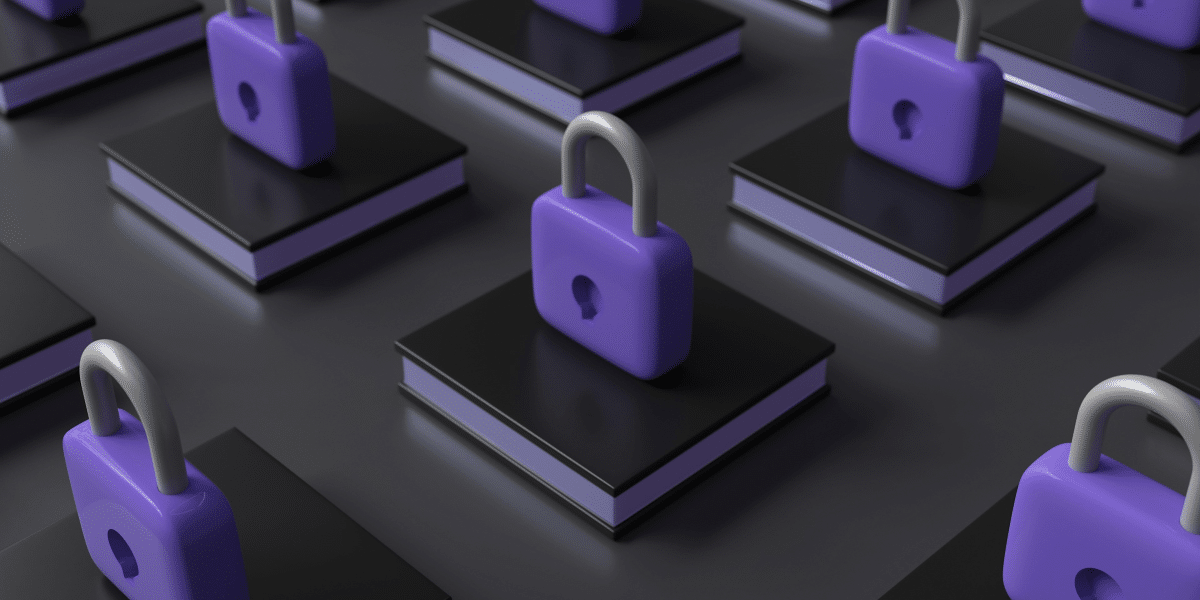Image commercially licensed from Unsplash
Ensuring online safety and security is vital in today’s digital age. As more and more people are swarming the internet in France, the chances of possible data thefts, hacking, and other cyber attacks are also increasing.
In this guide, we will share with you ten essential tips to secure your online presence in France. Using a premium VPN is the best thing you can do to boost your online privacy and security, as recommended by VPNRanks.
Whether it’s protecting yourself against cyber attacks or securing your financial transactions, this guide offers proven techniques to bolster your online security in every aspect. Let’s continue with our handy tips that you can follow to navigate through the internet with more security and freedom.
Don’t Reveal Personal Details Unnecessarily
When sending a job application or filling out a form online, it’s crucial to avoid disclosing personal details like your relationship status or home address. Prospective employers primarily require information about your professional skills, background, and contact details. Only share your personal information with trusted websites and individuals to maintain privacy and security.
Turn On Privacy Settings
It’s recommended to regularly review and adjust your privacy settings, as both mobile OSes and web browsers offer features to safeguard your online privacy. While social media platforms provide privacy settings, locating them can be challenging. Ensure you activate and maintain these privacy features to protect your sensitive information.
Ensure Safe Browsing Practices
If you feel that a website is suspicious or unfamiliar, it likely is. Just as you wouldn’t venture into a risky area, caution is vital online. Cybercriminals often use tempting information to lure individuals. Aware that people are sometimes drawn to dubious content, hackers exploit this curiosity, causing individuals to lower their defenses. The internet is filled with risks disguised as opportunities, and a single careless click could lead to the exposure of personal information.
Get a Premium VPN to Secure Your Online Activities
It’s recommended to use a secure and reliable VPN to enhance your online safety. A VPN establishes a protected connection between your device and an internet server, preventing any unauthorized monitoring or access to your exchanged data.
Moreover, when accessing the internet in public locations using public Wi-Fi, note that you lack control over its security and privacy settings. avoid sharing sensitive information like your bank account number until you have access to a secure Wi-Fi network.
Download Data and Files With Caution
Cyber attackers often attempt to deceive users into downloading malicious software (malware) intended to harm computers or networks. Malware, disguised within apps or programs, aims to pilfer confidential data. Be wary of suspicious-looking apps or those from untrustworthy sources, as they might contain disguised malware.
Always Set Strong Passwords
Avoid using simple and easily guessable passwords like “password” or “123456,” as they’re vulnerable to cyber theft. Consider using password management software to handle multiple passwords efficiently. A secure password should be distinctive and intricate, comprising at least 15 characters with a combination of letters, numbers, and special characters.
Choose Trusted Websites for Online Shopping
When buying items online and sharing your credit card or bank details, it’s crucial to do so only on websites that offer secure, encrypted connections. Look for the “https://” protocol at the beginning of the site’s address, indicating a secure connection, and a padlock symbol near the address bar as additional verification.
Be Cautious About Your Social Media Activities
Content shared on the internet tends to remain there indefinitely. Even if you delete a post from a social media platform, copies might still exist elsewhere. Once shared, negative remarks or embarrassing pictures cannot be retracted. Avoid posting anything online that you wouldn’t feel comfortable having your mother or a potential employer see.
Don’t Trust Everyone Online
People you meet online may not accurately show themselves as their true personality and could even be fictitious. Fake social media accounts are very common and serve as a method for cybercriminals to make links. They create a connection with careless internet users and exploit them. So, you better apply the same level of judgment and practicality to your online social engagements as you would in face-to-face interactions.
Keep Your Antivirus Updated
You should know that even though internet security tools can not guard your device against every danger, they can identify and eliminate most malicious software. It’s a very important step to regularly update your security software and antivirus app. This will allow you to stay up-to-date with any new features to secure your operating system and apps, as these antivirus software offer an essential level of protection.
By adhering to these fundamental internet safety guidelines, you can evade numerous potential online hazards that await the inattentive.
Bonus Tip: Monitor Your Device Usage
Have you ever received a message on your mobile indicating the total time spent on it during the week? It might seem like your phone is judging you, but it could serve as a wake-up call to reduce your screen time.


















